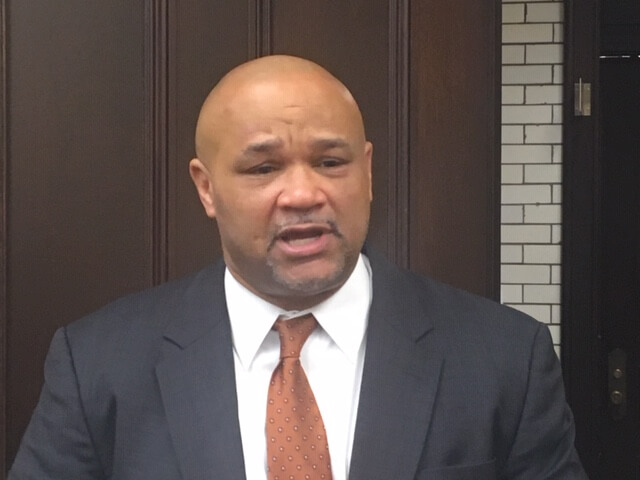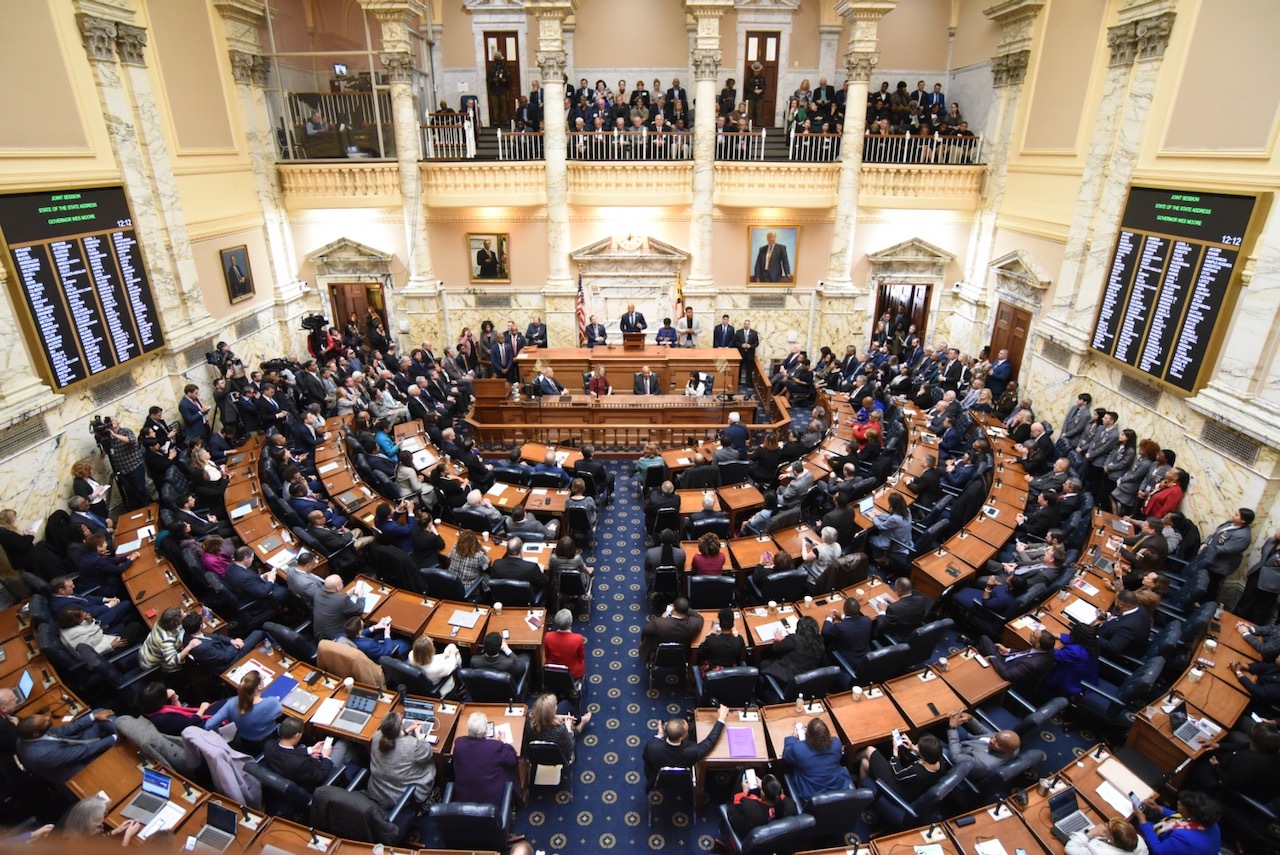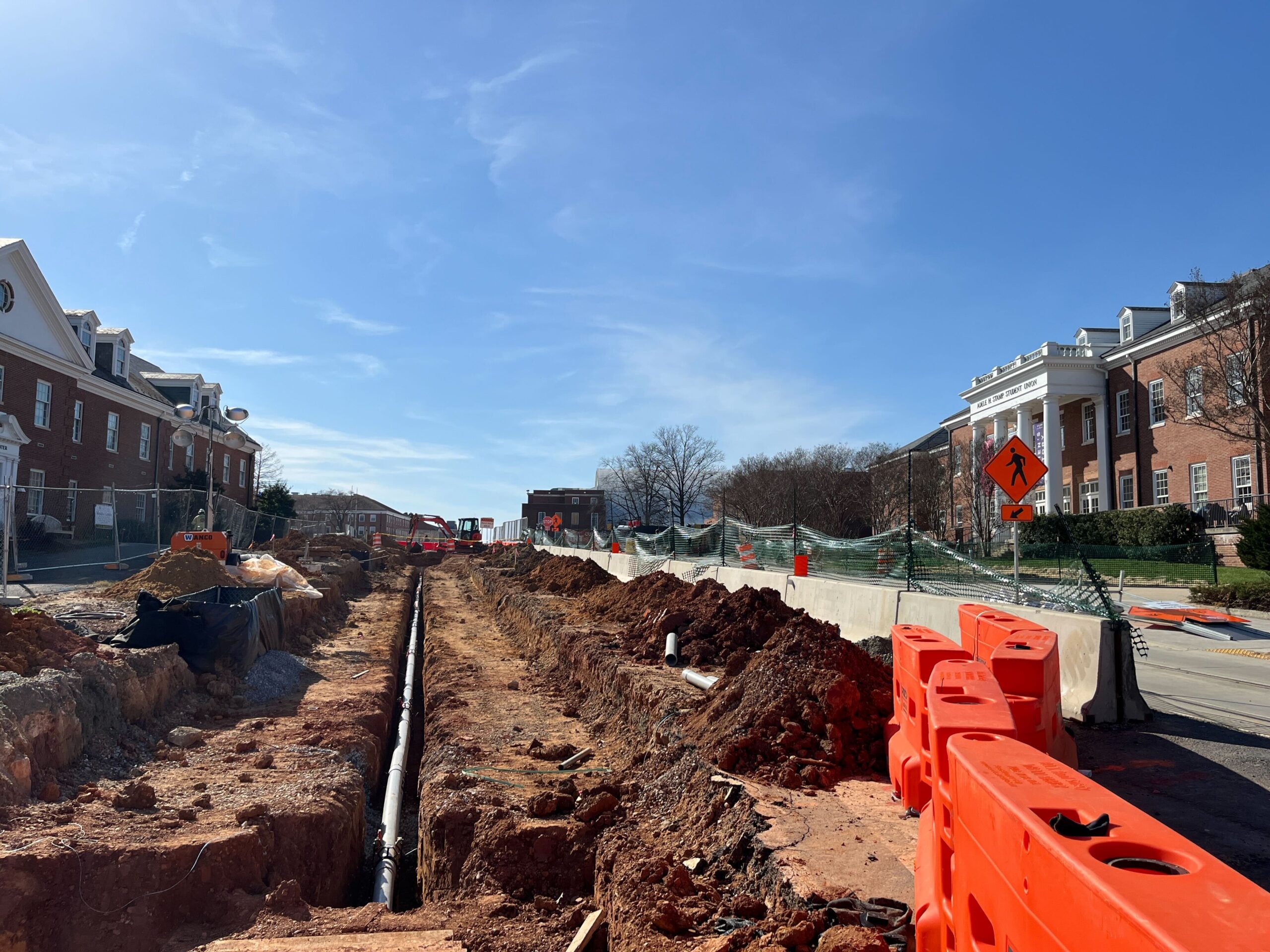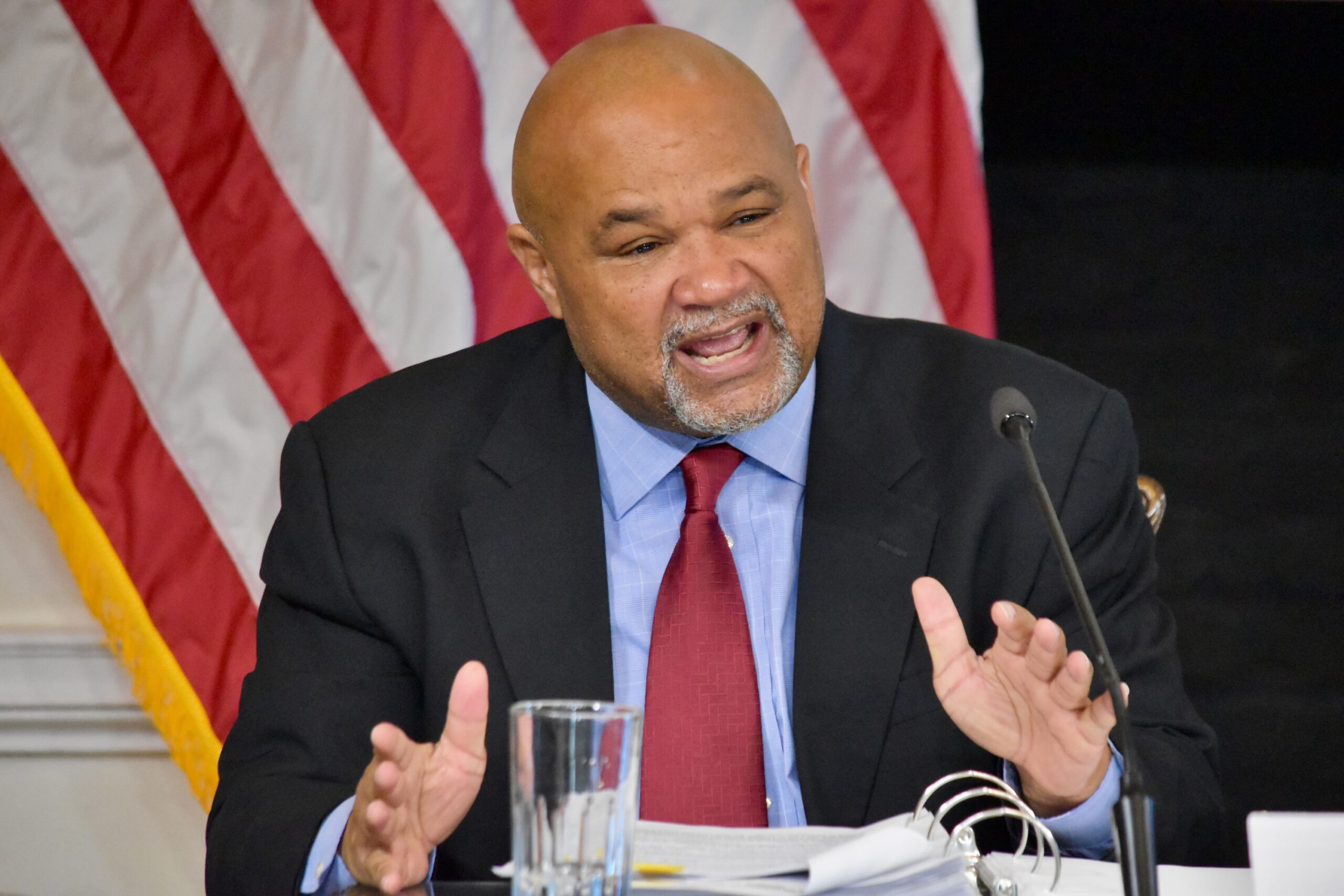House Panel Revives Stalled Clean Energy Legislation

After being stalled in the House Economic Matters Committee for several weeks, the Clean Energy Jobs Act sprung to life Friday evening, clearing the committee by a party-line 15-6 vote.
The measure, which would mandate that Maryland’s electric utilities buy renewable energy credits that equal 50 percent of their portfolios by 2030, is expected to hit the House floor for preliminary debate on Saturday, with a final vote likely on Monday.
The bill passed in the Senate two weeks ago, but its posture in the House has been the topic of confusion after the Economic Matters Committee tried clumsily – and unsuccessfully – to kill it three weeks ago. Environmental groups and renewable energy companies then intensified their push to pass it.
Final passage of the legislation is by no means a sure thing, however, and several potential hurdles remain between now and the end of the General Assembly session, which concludes Monday at midnight. But environmentalists were breathing a sigh of relief and praising Economic Matters Chair Dereck E. Davis (D-Prince George’s), who decided to move the bill after expressing some reluctance for most of the legislative session.
“We express thanks to Delegate Davis for moving the Clean Energy Jobs Act forward, and to all the members of the House Economic Matters Committee who voted in favor today,” Brooke Harper, executive director of the CCAN Action Fund, said in a statement Friday night. “The global warming crisis is here, and the Clean Energy Jobs Act is our answer. Thank you for leading your committee to a historic vote that creates jobs, fights climate change, and makes a difference.”
Publicly and privately, Davis has expressed reservations about moving the legislation this year, even as he asserted that it would pass sometime in this four-year legislative term. Environmental leaders said Davis became more favorably disposed toward the bill after they promised not to seek another increase in the state’s so-called Renewable Portfolio Standard this legislative term.
The Economic Matters Committee spent more than 90 minutes marking up the Senate version of the bill late Friday afternoon. Delegates restored a controversial regulation that enables the energy generated by waste-to-energy plants to be considered a “tier 1 fuel,” meaning it counts toward the percentage of renewable fuels being generated in the state. That provision was not in the Senate bill after multiple environmental and community groups – and a bipartisan group of lawmakers – argued that the state’s two waste-to-energy plants, in Baltimore City and Montgomery County, generate too much air pollution.
The House panel also added a provision requiring solar energy companies to hire a workforce that is at least 25 percent minority and another giving preference to U.S. manufacturers of renewable energy equipment.
The committee laid aside provisions designed to boost nuclear energy and address the siting of solar energy installations – with the nuclear debate occupying almost half of Friday’s voting session. But Davis held out the possibility of addressing those Saturday or Monday on the House floor, and said he would also press an amendment on the floor to guarantee a 25 percent minority workforce in the wind energy industry.
Davis said he did not anticipate the need for the House and Senate to go to a conference committee on the bill on Monday. The Senate is not scheduled to meet on Saturday, and “they’re probably going to accept the House amendments,” Davis told his colleagues.
If the Senate does not go along with the House amendments, then a conference committee would be necessary, putting the bill in peril with a limited time for lawmakers to iron out their differences on Monday.
Even if the bill passes, it is unclear whether Gov. Lawrence J. Hogan Jr. (R) will sign it. When the legislature passed a bill boosting the state’s Renewable Portfolio Standard to 25 percent in 2016, Hogan vetoed it; the legislature overrode his veto a year later.
“This urgently needed bill will better equip us to address climate change while expanding jobs, investment and tax revenue in Maryland by doubling our use of renewable energy over the next 10 years,” said Karla Raettig, executive director of the Maryland League of Conservation Voters. “This legislation will enable Maryland to catch up and compete with nearby Washington, D.C., New Jersey and New York, which are already implementing 50 percent renewable electricity goals.”




 Creative Commons Attribution
Creative Commons Attribution